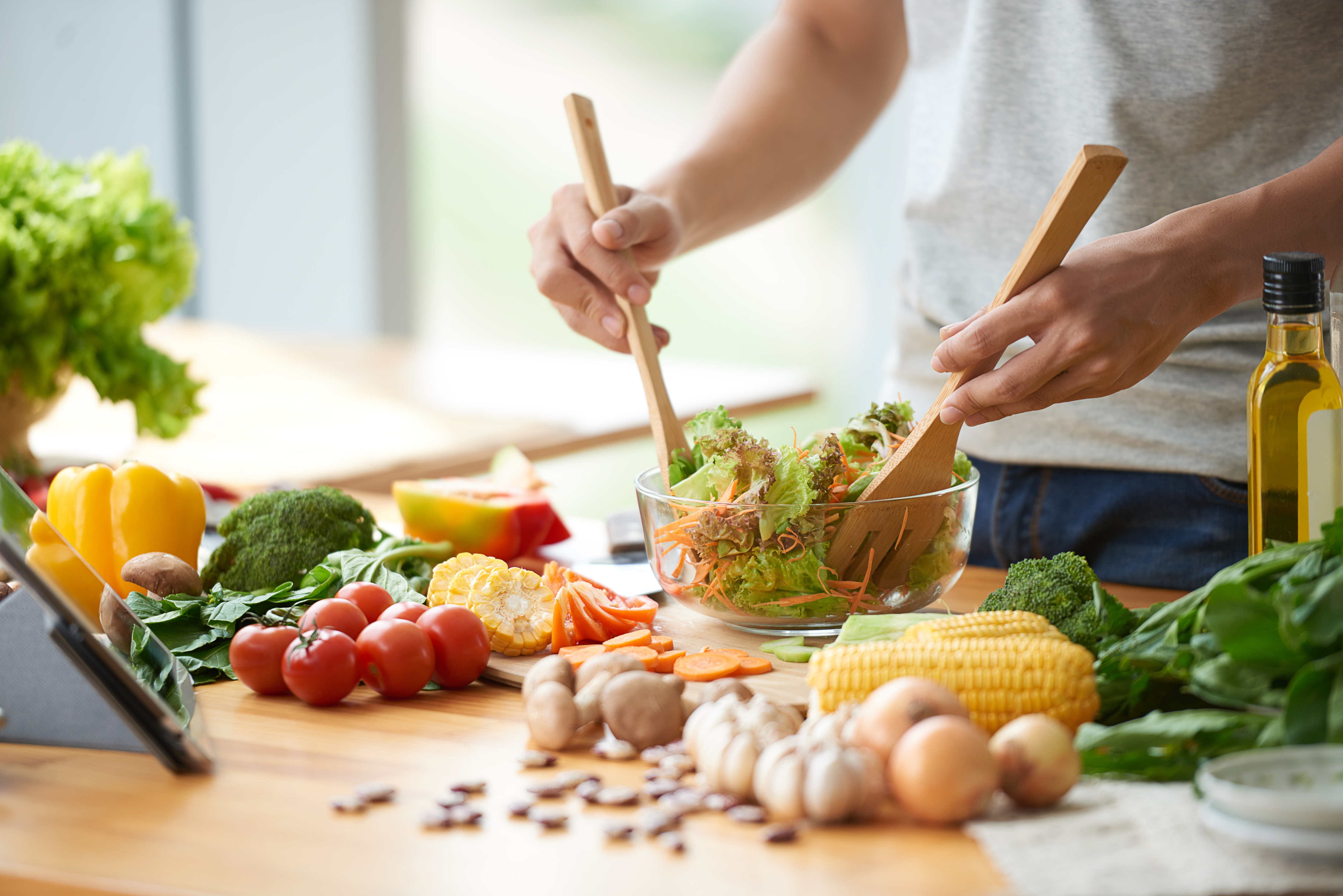
When you are fighting or recovering from cancer, nutrition can be one of the most important parts of your journey. Eating a well-balanced diet before, during and after treatment may help you feel better, maintain your strength and expedite your recovery.
Here are 11 tips for nutrition during your cancer journey:
- Eat Small, Frequent Meals Throughout the Day: Eating five to six smaller meals per day, about one every three hours, can help to reduce treatment-related side effects such as nausea.
- Choose Protein-Rich Foods: Include a source of lean protein at all meals and snacks.
- Include Whole Grain Foods: These may include oatmeal, whole wheat breads, brown rice or whole grain pastas.
- Eat a Variety of Fruits and Vegetables Every Day: Fruits and vegetables offer your body antioxidants, which help fight against cancer. Aim to eat a minimum of five servings daily.
- Choose Sources of Healthy Fat: Avoid fried, greasy and fatty foods and choose baked, broiled or grilled foods instead. Healthy fats include olive oil, avocados, nuts and seeds.
- Limit Sweets and Added Sugar: Foods high in added sugars provide little nutritional benefit and often take the place of other foods that are better for you.
- Stay Hydrated: Aim to drink 64 ounces of water daily and avoid drinking large amounts of caffeinated beverages, as too much caffeine can lead to dehydration.
- Use Good Mouth Care: Chemotherapy and radiation can irritate the lining of the mouth, throat and esophagus. Remember to brush your teeth with a gentle toothpaste after eating.
- Practice Good Food Safety: Wash your hands often while preparing food and use different knives and cutting boards for raw meats and vegetables. Be sure to cook all foods to their proper temperature and refrigerate leftovers right away.
- Always Choose Food First as The main Source for Nutrients: Talk to your healthcare team before taking any vitamins or supplements. Some medications and cancer treatments may interact negatively with certain supplements.
- Limit Alcohol Consumption: If consumed, drink in moderation, as alcohol can contribute to dehydration, lower the abilities of your immune system and provides no beneficial nutrients.
Most importantly, know that your cancer journey is unique to you and your treatment. You may experience side effects that affect your ability to follow these suggestions. If you are struggling with any side effects, such as loss of appetite, nausea, diarrhea, vomiting or any other nutrition concerns, talk to your doctor.
For information on cancer-preventing foods, visit CONQUER® magazine’s Reduce Cancer Risk With Your Fork.
If you have questions about nutrition during your cancer journey, call askSARAH at (844) 482-4812.